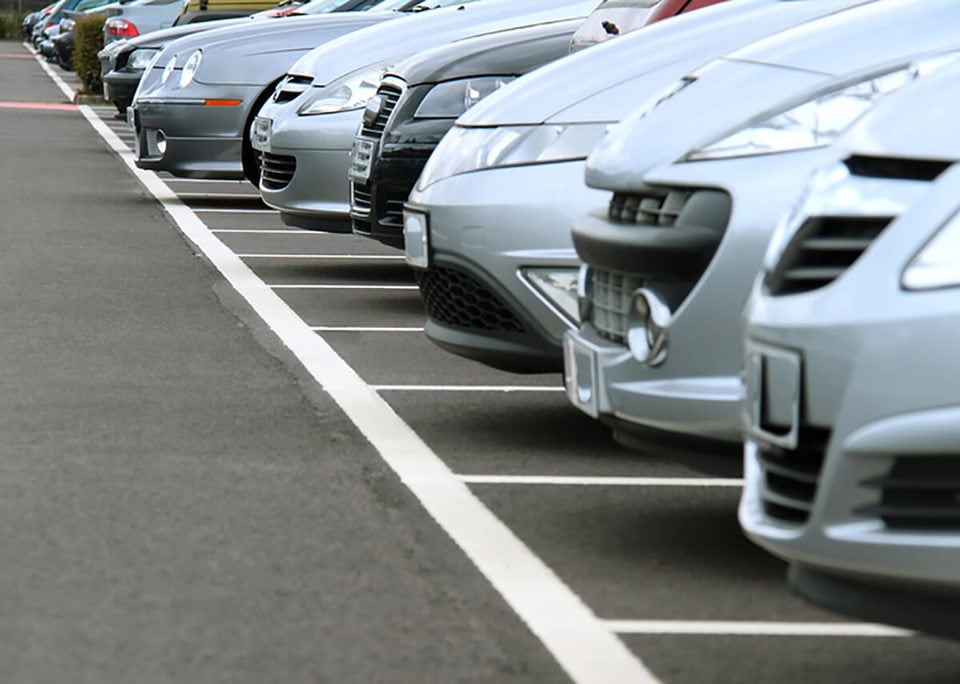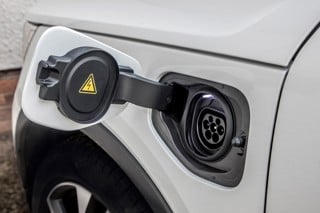Demand for personal leasing is helping to offset a significant decline in business contact hire (BCH) among BVRLA members’ lease fleets.
The overall BVRLA lease fleet shrank by 3.6% year-on-year, according to the organisation’s latest Q2-2020 Quarterly Leasing Survey.
Business contract hire saw its largest ever fall since the survey began, with cars down by -9.7% year-on-year to 793,171.
The BVRLA said this is most likely to be a result of the disruption caused by the Covid-19 lockdown during the survey period.
In contrast, the personal contract hire car fleet increased by 5.7%, to 271,264, representing respectable growth, albeit the lowest growth rate yet recorded for this segment.
LCV demand was up, with the commercial vehicle fleet growing 2.1% against a 5.2% drop in the car fleet.
At the end of Q2-2020 the total BVRLA lease car and van fleet stood at 2,532,972, with 83% being cars and 17% vans. This excludes all rental and PCP vehicles.
The study highlights a growth in the number of battery electric vehicles on the BVRLA fleet to, up 1.8% year-on-year.
The surge in uptake of battery electric vehicles is coinciding with a reduction in CO2 emissions with average CO2 emissions for BVRLA members’ new car registrations down from 109g/km in Q1 2020 to 107g/km in Q2 2020, and average CO2 emissions for the total BVRLA car fleet are down from 112g/km to 111.3g/km over the same period.
The latest Leasing Broker Survey, meanwhile, shows that brokers continue to represent a growing sector of the market with the BVRLA leasing broker channel fleet increasing by 7% year-on-year, with 362,461 cars and vans on fleet.
Despite seeing an increase in the number of consumer contracts for cars, the Covid pandemic has adversely affected brokers, with new contracts for both cars and vans dropping sharply in the first half of 2020, compared to H1-2019, down 13% and 12% respectively.






















Login to comment
Comments
No comments have been made yet.